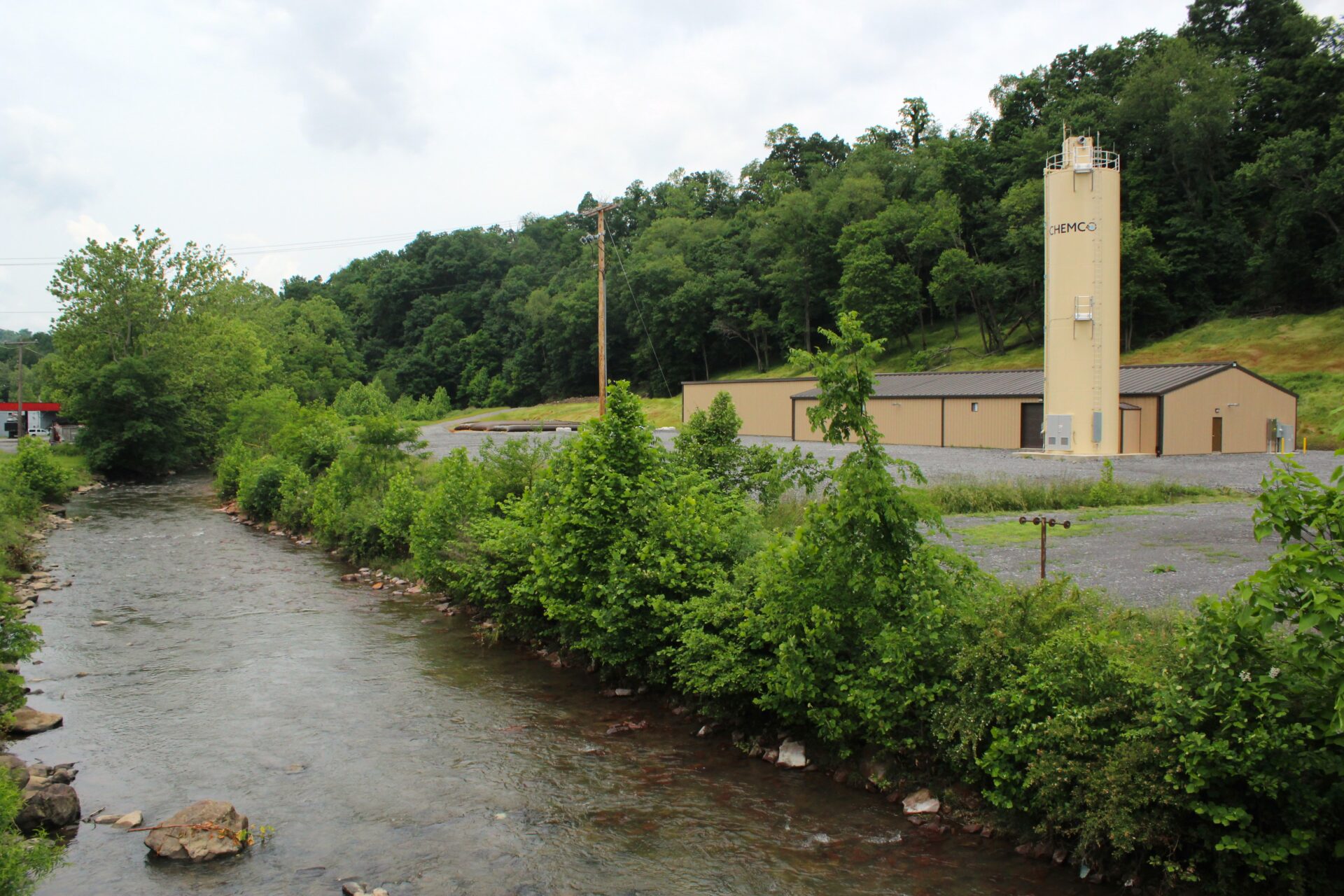The Infrastructure Investment and Jobs Act became law three years ago this month. It includes extra help for states to clean up abandoned mine lands.
Sharon Buccino is the principal deputy director of the Office of Surface Mining, Reclamation and Enforcement, or OSMRE.
Under the infrastructure law signed by President Joe Biden, West Virginia will receive an extra $140 million a year over 15 years for mine reclamation projects.
A new administration will take office in January. Buccino says the funding will continue to come to West Virginia and other states, unless Congress decides to change that.
“Congress could subsequently act to undo or change what they did previously,” she said, “but until they do that, the direction and the money has already been provided to OSMRE to implement the laws that exist now.”
West Virginia alone has 173,000 acres of mine land that was abandoned before 1977. Only one state, Pennsylvania has more. The Abandoned Mine Land program, or AML, helps clean up the pollution from those sites, eliminates threats to public safety and restores the land for productive use, often recreation.
It also helps create jobs for workers displaced from coal mining.
Buccino cites another purpose for AML projects: Finding the raw materials needed to build batteries.
“It’s acid mine drainage treatment, where actually the acid mine drainage is being mined for potential critical mineral recovery,” she said. “So that’s Deckers Creek near Morgantown, West Virginia, the Richard Mine acid mine drainage.”
Buccino says the AML program helps communities diversify their economies in a way that makes most sense for them.
“The beauty of the program is that it doesn’t force a certain transition,” she said, “but it gives the resources and support to communities to define that transition and to define that future for themselves, and then actually there’s money available to deliver on that vision.
If nothing changes, West Virginia and other states will continue to receive the infrastructure law’s supplemental AML funding for another 12 years.

